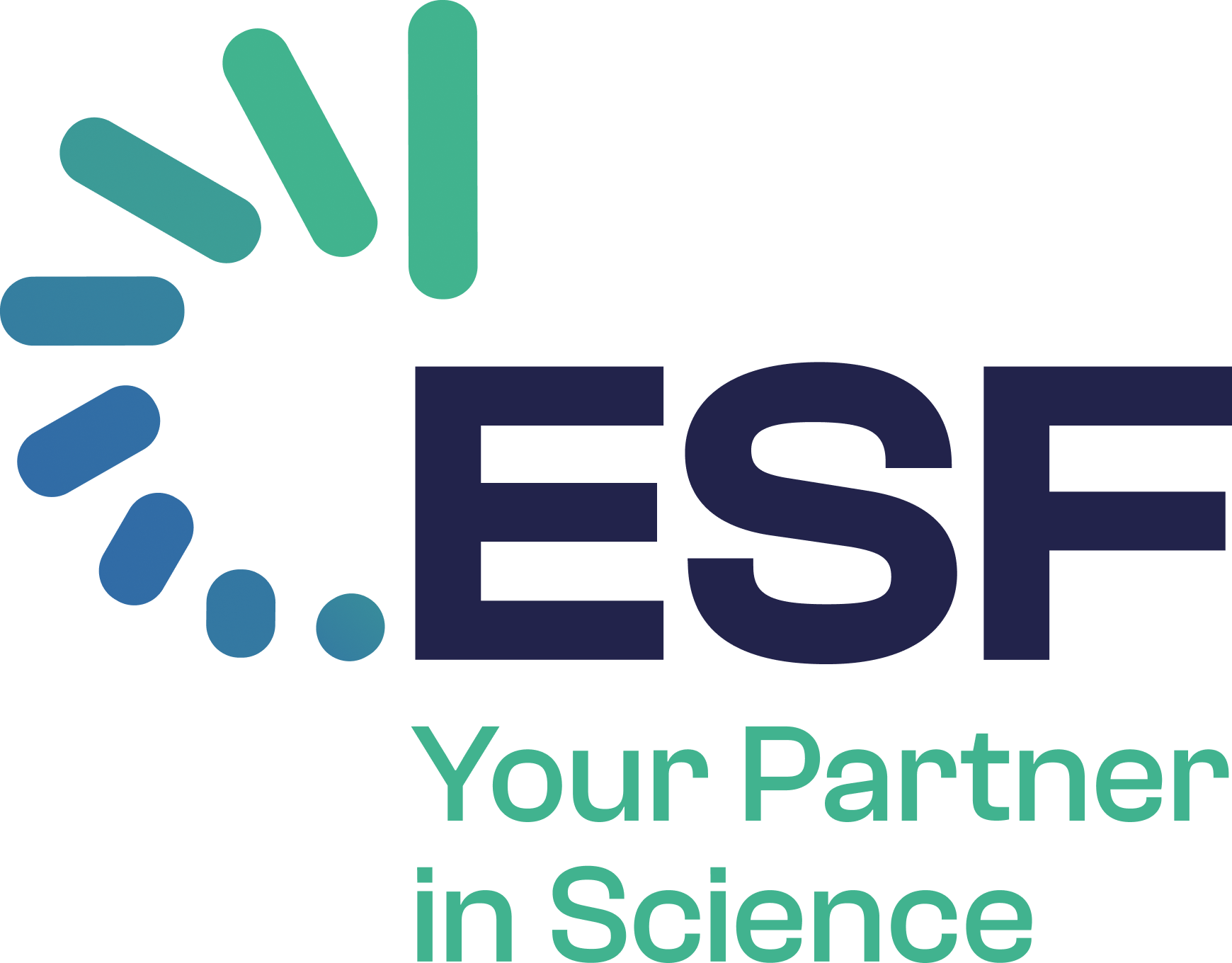ESF News Press Release
Zero-tolerance to gender-based violence in higher education and research: GenderSAFE, a new EU-funded project to promote comprehensive institutional policies.
Kicked off on 14 March 2024, the GenderSAFE project will be supporting European research and higher education institutions in developing, implementing and monitoring comprehensive policies to end gender-based violence.
Gender-based violence is a persistent problem in higher education and research institutions across the European Research Area, with severe consequences at the individual, institutional and societal levels. Research from UniSAFE shows that gender-based violence in this context is widespread but remains underreported, suggesting the permissiveness of violence in organisational cultures and the inability of research and higher education institutions to properly define and address unacceptable behaviours1.
Leveraging the research, recommendations and tools developed within UniSAFE, the GenderSAFE project supports research and higher education institutions in establishing safe, inclusive, and respectful environments by setting up comprehensive policies to effectively tackle gender-based violence. Over the next three years, it will provide them with capacity building, mutual learning, and instruments to monitor institutional policies. It will also focus on promoting the uptake of a zero-tolerance policy by national authorities and research funding organisations.
Its activities will include:
Building a common policy discourse in the EU on zero-tolerance to gender-based violence, including attention to power and intersectionality, mobility and precarity in research careers;
Facilitating the uptake of comprehensive institutional policies with a zero-tolerance approach to gender-based violence through mutual learning, exchange, and co-design in a Community of Practice, involving multiple circles of various types of stakeholders;
Building institutional capacities to set up and implement gender-based violence policies through training of responsible staff and officers;
Creating a knowledge base on the uptake and contents of zero-tolerance policies at RPOs in the EU through a data collection and monitoring system,
Raising awareness and creating uptake through communication, dissemination, and advocacy activities.
Partners
- European Science Foundation (coordinator), FR
- Yellow Window, BE
- Institute of Sociology of the Academy of Sciences, of the Czech Republic, CZ
- Knowledge & Innovation, IT
- University of Gothenburg, SE
- Central European University, AT
Media contact
Colette Schrodi, ESF: cschrodi[at]esf[dot]org
